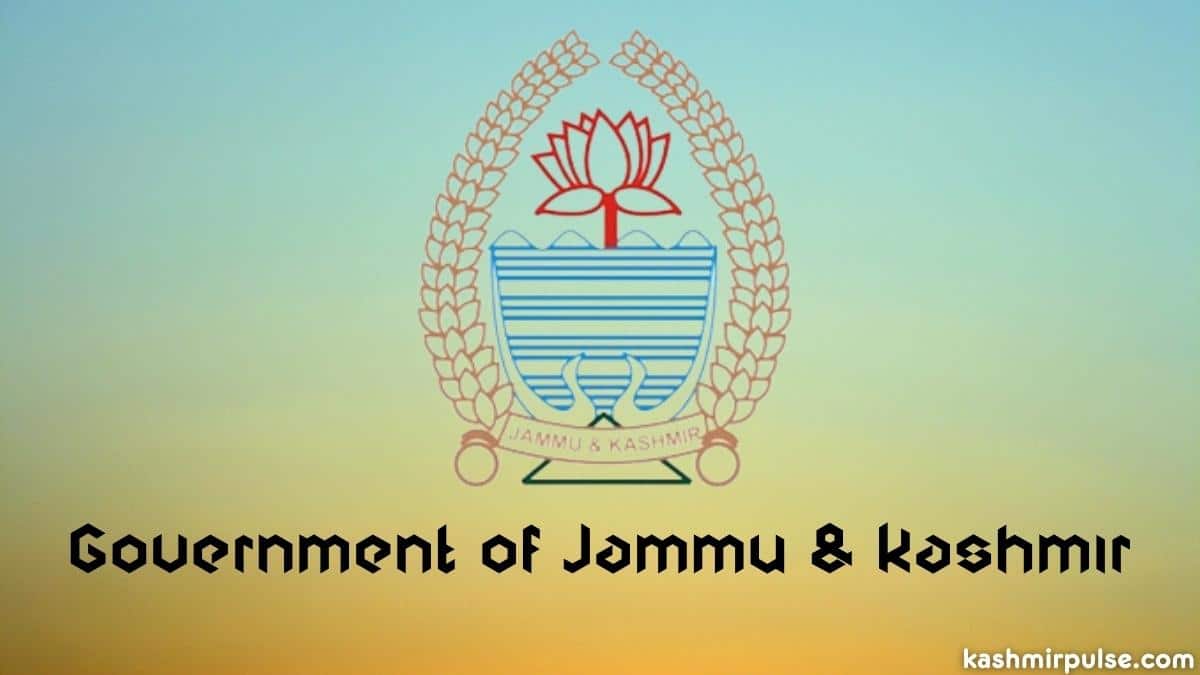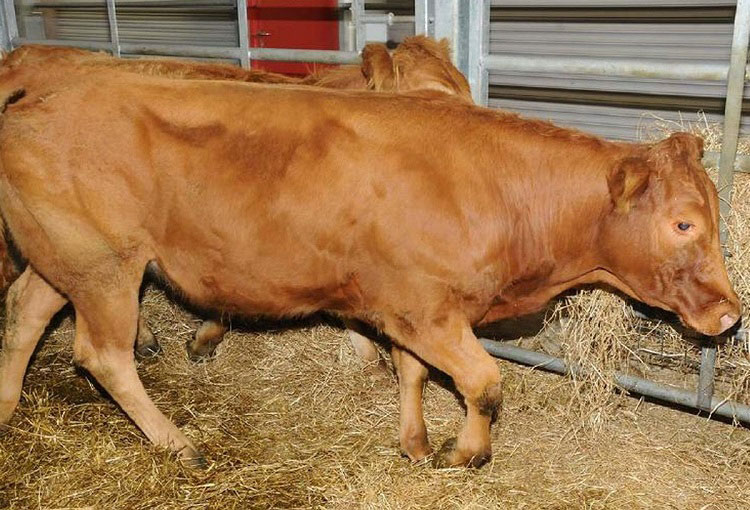J-K Govt lifts ban on intra, inter-district movement of bovines

JAMMU — Following the declaration of Jammu and Kashmir as “Free Area” for LSD, the Agriculture Production Department has lifted the ban on intra-district and inter-district movement of bovines in J&K along with the import of elite healthy dairy animals from outside the UT.
An official order issued in this regard stated that all the provisions related to “Free Area” contained in PCICDA, Act 2009, shall be strictly adhered to while importing dairy animals from outside the UT.
Pertinently, the Government of J&K yesterday declared the whole of the UT of J&K as “Free Area” for Lumpy Skin Disease (LSD) vide Notification S.O 36 dated 16.01.2023 as per the provisions of Prevention and Control of Infectious and Contagious Diseases in Animals Act 2009 as no case of Lumpy Skin Disease (LSD) in bovines has been reported in UT of J&K for last two months and also more than 90% affected animals have recovered from the disease.
It has been reported that the disease is under control in the UT and also in neighbouring states. Around 72728 cattle contracted LSD in J&K since July 2022, out of which, 3015 animals died due to the disease.
The UT government acted swiftly towards tackling the disease and initiated various measures to control the disease which included vaccination of 20.5 lakh cattle and a ban on the import of dairy animals from outside the UT.
Any individual, bovine dealer or beneficiary of any scheme who intends to import dairy animals from neighbouring states should necessarily carry a valid certificate indicating the date of vaccination; vaccine type used; brand name; dose; route of vaccination; specie/breed of the animal; age; lactation number; status of the animal (milking or pregnant); INAPH tag number, name of previous owner along with parentage and mobile number from a qualified veterinarian of Animal Husbandry Department of respective state serving in the sourced area along with the official seal, signature and mobile number/email address of the veterinarian. The concerned veterinarian of the sourced area should also certify that the dairy animal has not contracted the Lumpy Skin Disease Infection during the recent outbreak.
Besides, samples shall be collected from 5% of the imported animals at Lakhanpur for close monitoring of the disease.
The order also said that Transport of Animals (Amendment) Rules 2009 issued vide SO 2465 (E), dated September 22, 2009, and all the standing instructions/guidelines issued by J&K Government for import of dairy animals into the UT shall be strictly followed.
Chief Animal Husbandry Officers of the districts declared as Free Areas for Lumpy Skin Disease have been directed to closely monitor the situation and the decision on lifting the ban on the import of dairy animals can be reviewed depending on the evolving situation.
Pertinently, the ingress of LSD into UT of J&K has impacted the implementation of the Integrated Dairy Development Scheme (IDDS) during 2022-23. Lifting of the ban will provide relief to dairy farmers of J&K as well as intended beneficiaries of IDDS and Breed Multiplication Scheme of Rashtriya Gokul Mission.
This post first appeared on The Kashmir Pulse


